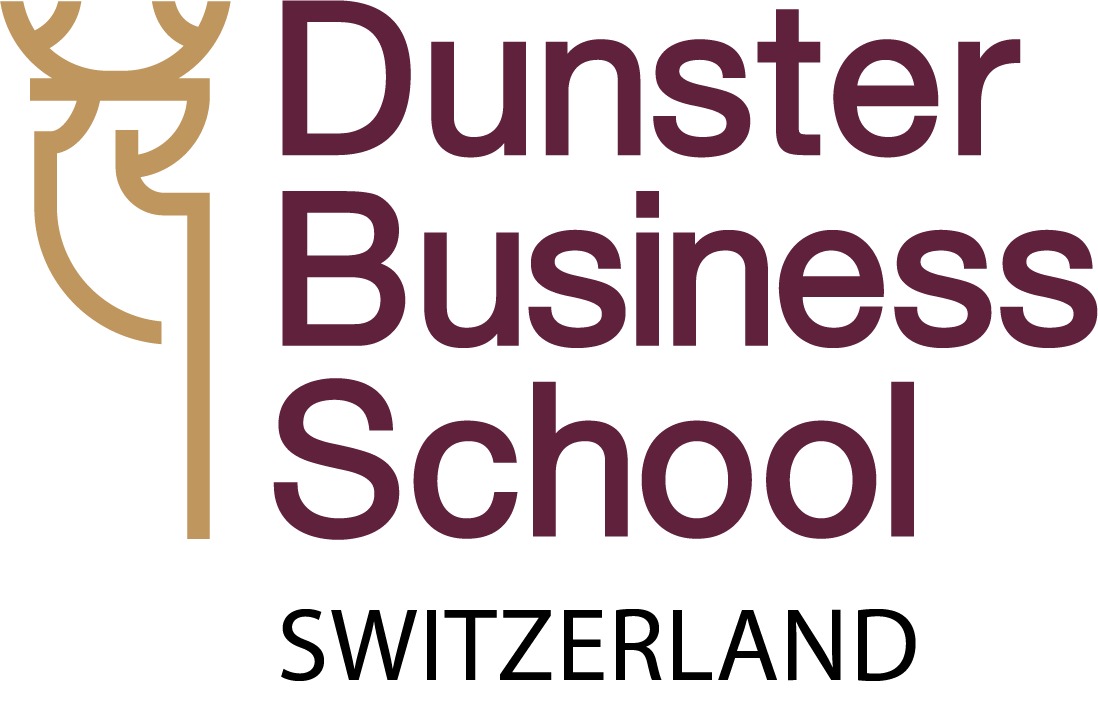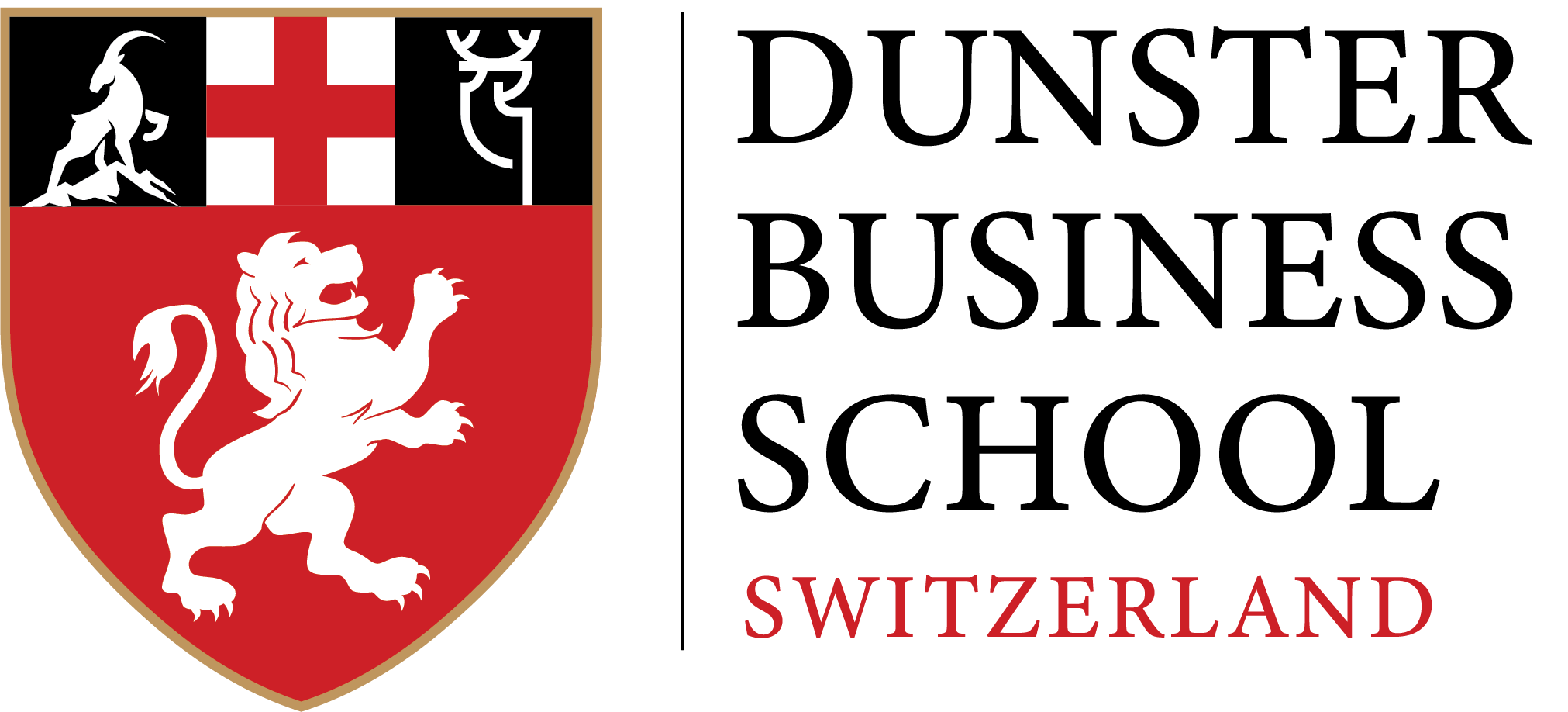Diploma
Accelerate your career with industry-focused diplomas
What is a Diploma?
A diploma is an academic credential awarded by educational institutions. They signify that the recipient has completed a specific course or level of study. Diplomas are typically shorter and more specialized than full degree programs The main focus is on practical skills and knowledge in a particular field or subject.
Diplomas can be awarded at various educational levels, including high school, undergraduate, and postgraduate levels. They are often aimed at providing vocational or technical training.
Key Features of a Diploma
- Diplomas have shorter duration. They usually require less time to complete than degree programs, often ranging from a few months to two years.
- Diplomas have specialized curricula. They focus more narrowly on specific skills and knowledge rather than covering a broad range of subjects.
- Diplomas are career-oriented. They are often practical and career-focused, designed to provide skills that directly apply to specific jobs or industries.
- Many diploma programs have flexible admission criteria compared to degree programs, making them accessible to a wider range of students.
Contact Information
Dunster Business School
Dunster Business School Switzerland
En Courta Rama 10, 1163 Etoy, Switzerland
+41784610905
[email protected]
Social Info
Who Can Apply?
Here are a few things to keep in mind before you apply.
Diplomas are beneficial for individuals looking to enter the workforce quickly, acquire specific skills, or gain qualifications in a new field.
Education: Many diploma programs, require applicants to have a high school diploma or its equivalent. Many vocational diplomas are designed to accommodate adults balancing work or family responsibilities.
Undergraduate degree holders: Some diploma programs are designed for individuals who already have a bachelor’s degree. These diplomas provide advanced knowledge in a specific field.
Professionals: Many diploma programs are focused on practical, industry-specific skills, which makes them attractive to professionals who are interested in upgrading their skills, staying competitive in their field, or meeting specific job requirements.
English language proficiency: For non-native English speakers, proof of English language proficiency may be required if they are applying to programs in English-speaking countries.
Relevant Experience (if applicable): Some advanced or specialized diplomas, may require prior experience or knowledge in the field, especially for career-focused programs.


